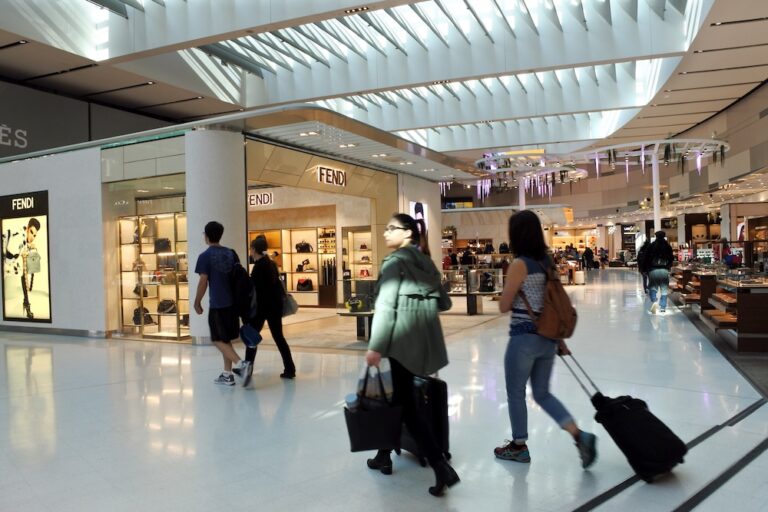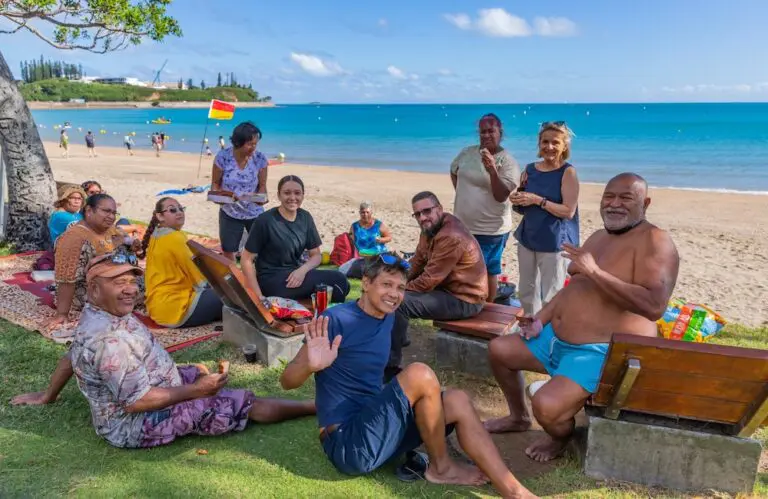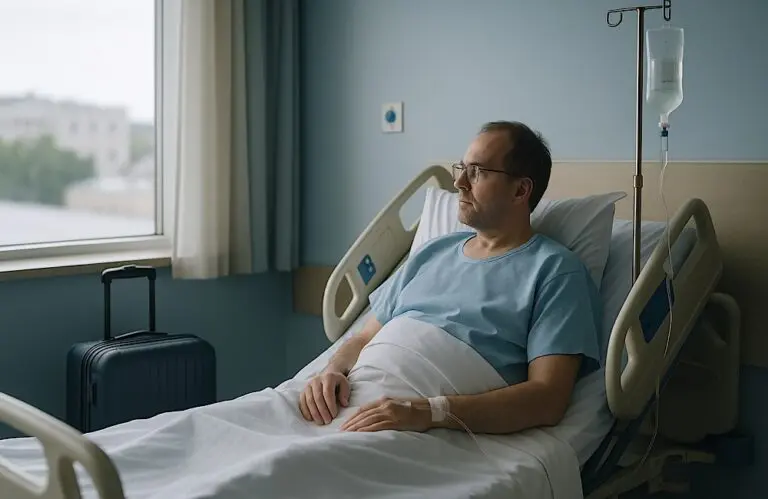Forget fancy face creams, your best defence against ageing may be a holiday, new research out of Edith Cowan University (ECU) reveals. According to a study, people who engage in regular travel may experience increased longevity. It’s not just about relaxation, either; there’s scientific backing to this claim, and it’s something travel professionals need to know about.
Let’s break down what this means for you, your clients, and why promoting travel could actually be in everyone’s best interest.
How travel and longevity are linked: The science behind the study
Edith Cowan University’s research highlights an intriguing connection between travel and long-term well-being. The study, part of the university’s wider exploration into healthy ageing, examined how travel activities stimulate both the mind and body, which are essential factors in maintaining health as we age.

The study suggests that travel engages several key aspects of well-being:
Cognitive stimulation: Travel often requires problem-solving, language comprehension, and navigating new environments, all of which are proven to keep the brain active. In fact, regularly engaging in activities that challenge the brain may help reduce the risk of dementia and cognitive decline.
Physical activity: Whether it’s walking through a city, hiking in a national park, or even moving through airports, travel typically involves a fair amount of movement. This physical activity is important for maintaining cardiovascular health, strength, and mobility — all critical to ageing well.
Social interaction: Travelling encourages meeting new people, whether it’s engaging with locals or fellow travellers. Studies have long supported the link between strong social connections and longevity. The ability to forge relationships and maintain social engagement as we age is crucial for mental and emotional health.
The ECU researchers found that travel, by its very nature, promotes these health benefits, and the more one travels, the stronger these effects can be. Essentially, travel functions as a multi-faceted activity that boosts both physical and mental health, which are critical to living longer.
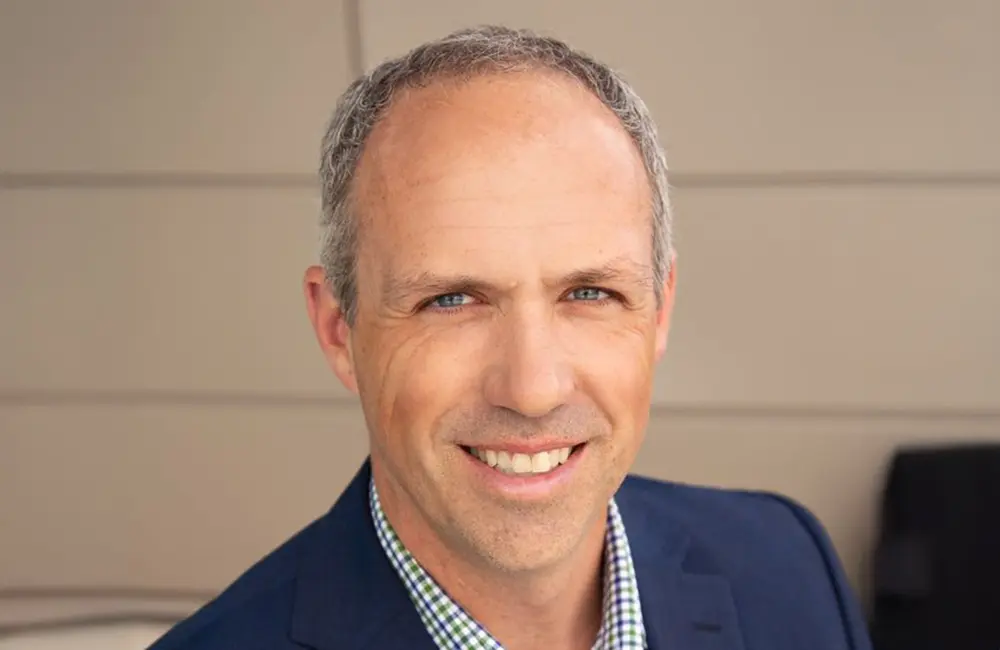
Corey Marshall, co-director of Canuckiwi. and a long-time figure in the tourism industry, has been aware of the benefits of travel for years. His own research from nearly 20 years ago pointed to similar conclusions. Reflecting on the findings from Edith Cowan University, Marshall commented:
“Back in 2004, when completing my CTP (Certified Tour Professional Pro for the National Tour Association, I looked at a small research study that supported a positive correlation between the amount one travels and longevity of life. This very much mirrors the results being shared by Edith Cowan today. Let’s keep travelling, Australia.”
For Marshall, the research underscores something he’s long believed: travel isn’t just a luxury or an indulgence; it’s an integral part of living a longer, healthier life.
How to use this research to your advantage
So, what does this mean for you? In short, it’s an opportunity to enhance how you market travel to clients. The travel industry has long been about experiences, relaxation, and discovery, but now we can back up those ideas with evidence that travel is also a health booster.
Whether you’re selling holidays to the beaches of Bali or adventure trips to Utah’s national parks, there’s an added dimension to your pitch: you’re not just offering an escape, you’re offering the potential for better health and a longer life. That’s a narrative your clients will want to hear.
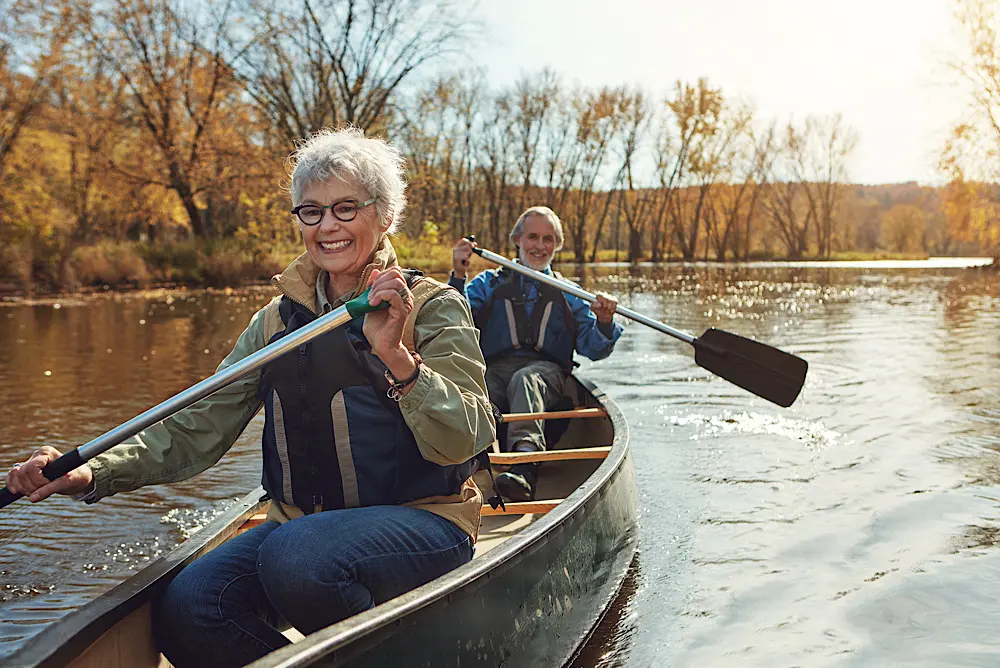
Highlight health benefits in your promotions
Whether it’s a social media post, an email newsletter, or a conversation with a client, emphasise the positive health impacts of travel. The idea that a holiday could literally add years to your life is an attractive message that resonates.
Offer tailored experiences
Not every trip needs to be about lounging by the pool (although there’s definitely a time and place for that!). Help your clients explore options that engage both body and mind. Whether it’s a guided walking tour through the vineyards of Italy or a cultural immersion in Japan, creating experiences that stimulate cognitive and physical activity is key.
Tap into wellness trends
The global wellness tourism market is booming, and this research gives you more reason to tap into it. Consider partnering with wellness retreats, spas, or adventure-based tour operators to curate packages that appeal to clients looking to combine relaxation with rejuvenation.
Encourage frequent travel
Corey Marshall’s comment about keeping Australians travelling is vital here. The more regularly your clients travel, the better. Why not promote frequent getaways as part of a balanced lifestyle?
From research to real life: Proven benefits of travel
While ECU’s research gives us the latest evidence, it’s worth remembering that travel’s health benefits have been noted for years. For example:
- Stress relief: The psychological break from routine is crucial for reducing stress levels.
- Physical activity: Even leisure travel often involves walking, hiking, or exploring — all excellent forms of exercise.
- Social connections: Travel fosters new relationships, whether it’s bonding with fellow travellers or locals, and strong social connections are proven to support longevity.
As travel professionals, this gives you yet another reason to inspire clients to pack their bags and hit the road (or sky). They’ll return recharged, enriched, likely in better physical and mental health (and maybe more willing to travel again)!



